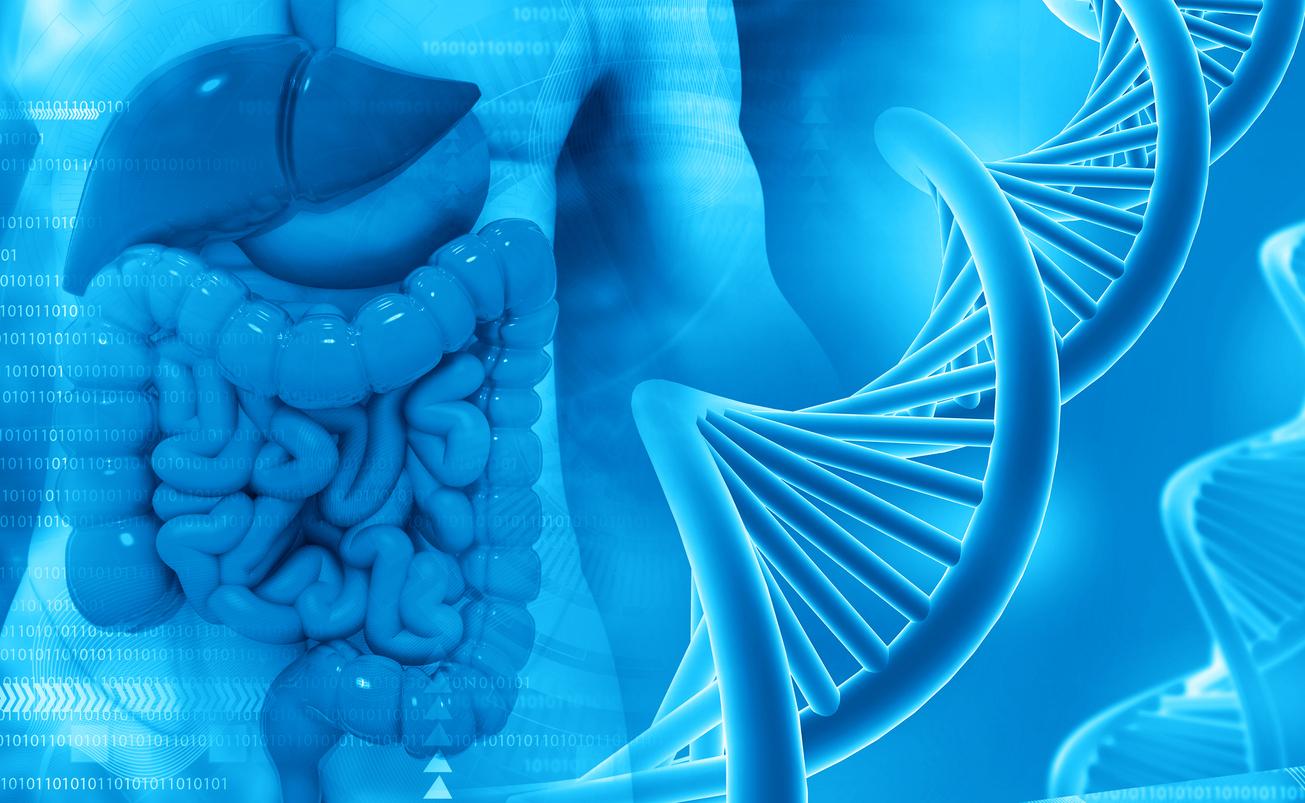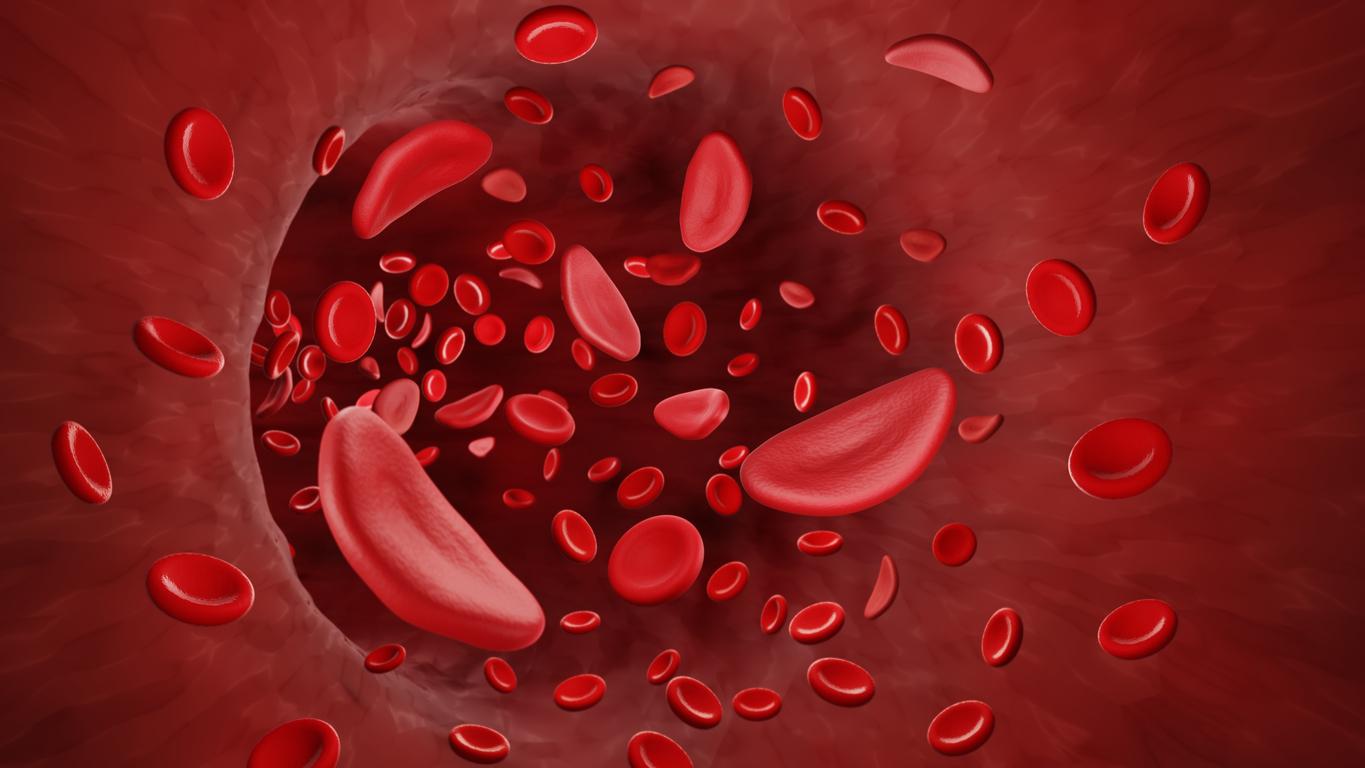Researchers have discovered a genetic factor that predisposes some people to inflammatory bowel disease, opening up new treatment prospects.

- Using gene editing, researchers have shown that the ETS2 gene may be “a major cause” of inflammation in chronic inflammatory bowel disease.
- The team developed a drug that could indirectly reduce ETS2 activity and turn off its inflammatory effects: MEK protein inhibitors.
- Tested on IBD patients, the new drugs were able to “reduce inflammation not only in macrophages, but also in intestinal samples.”
Chronic inflammatory bowel diseases (IBD), such as Crohn’s disease, are characterized by inflammation of the lining of part of the digestive tract, due to a deregulation of the intestinal immune system. At least 200,000 people are affected in France, but current drugs are not effective in all patients.
“There is no cure […] IBD is a truly complex disease, with multiple genetic and environmental risk factors, so our discovery is a huge leap forward.” A team of researchers from the Francis Crick Institute in London has identified a new genetic pathway that could become the target of potential treatments.
ETS2 gene associated with increased risk of inflammatory bowel disease
As part of their work, published in the journal Naturescientists have studied a “genetic desert”, that is, a region of the genome devoid of protein-coding genes, which has already been associated with IBD and other autoimmune diseases. They found that this desert contains a “amplifier” able to increase the amount of proteins that nearby genes produce. But this enhancer is only active in macrophages, a type of immune cell associated with IBD, and stimulates a gene called ETS2, high levels of which are correlated with an increased risk of the disease.
Using gene editing, the researchers revealed that the ETS2 gene was “essential for nearly all inflammatory functions of macrophages, including those that directly contribute to injury in IBD,” according to a press release. And that “Simply increasing the amount of ETS2 in resting macrophages transformed them into inflammatory cells similar to those in IBD patients.”

A drug that reduces inflammation in IBD patients
Starting from these “proofs [que la voie ETS2] is a major cause of IBD”the team developed a drug that could indirectly reduce ETS2 activity and deactivate its inflammatory effects: MEK protein inhibitors, already prescribed for other non-inflammatory conditions.
Tested on patients with IBD, the new drugs have made it possible to “reduce not only inflammation in macrophages, but also in intestinal samples,” researchers say. “This study represents a crucial step toward the possibility of one day having a world without Crohn’s disease and ulcerative colitis.”

















